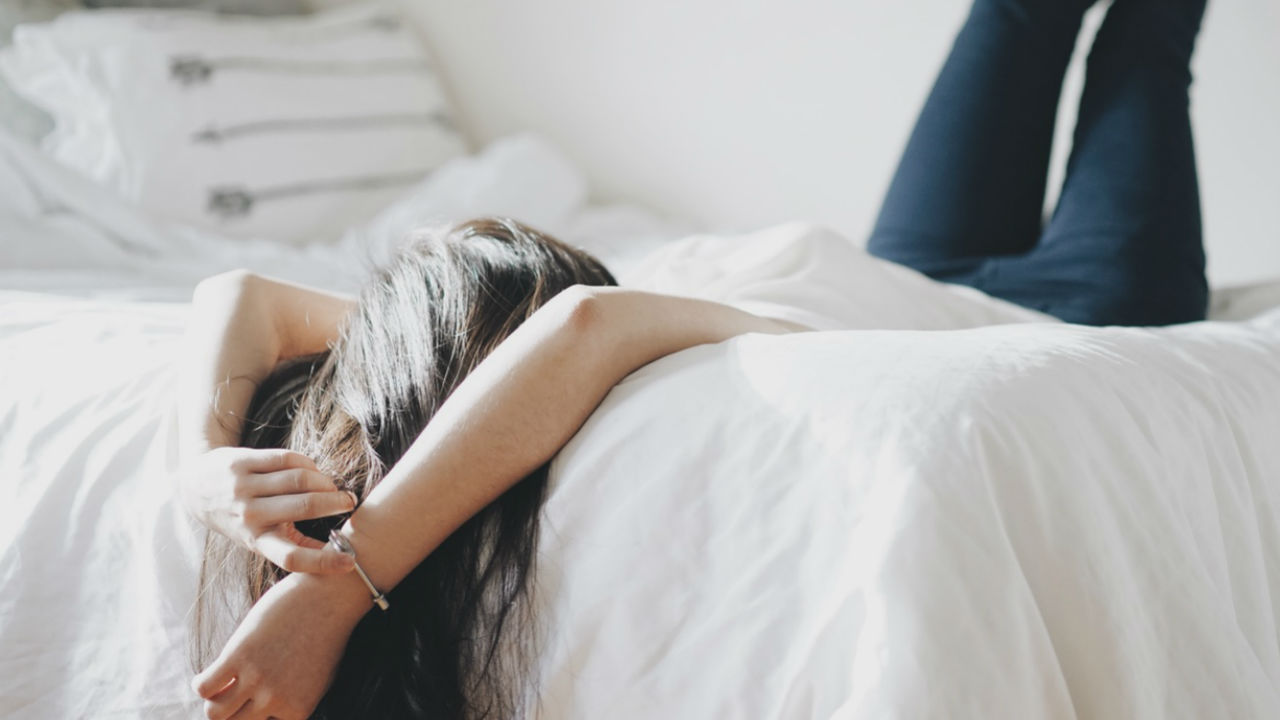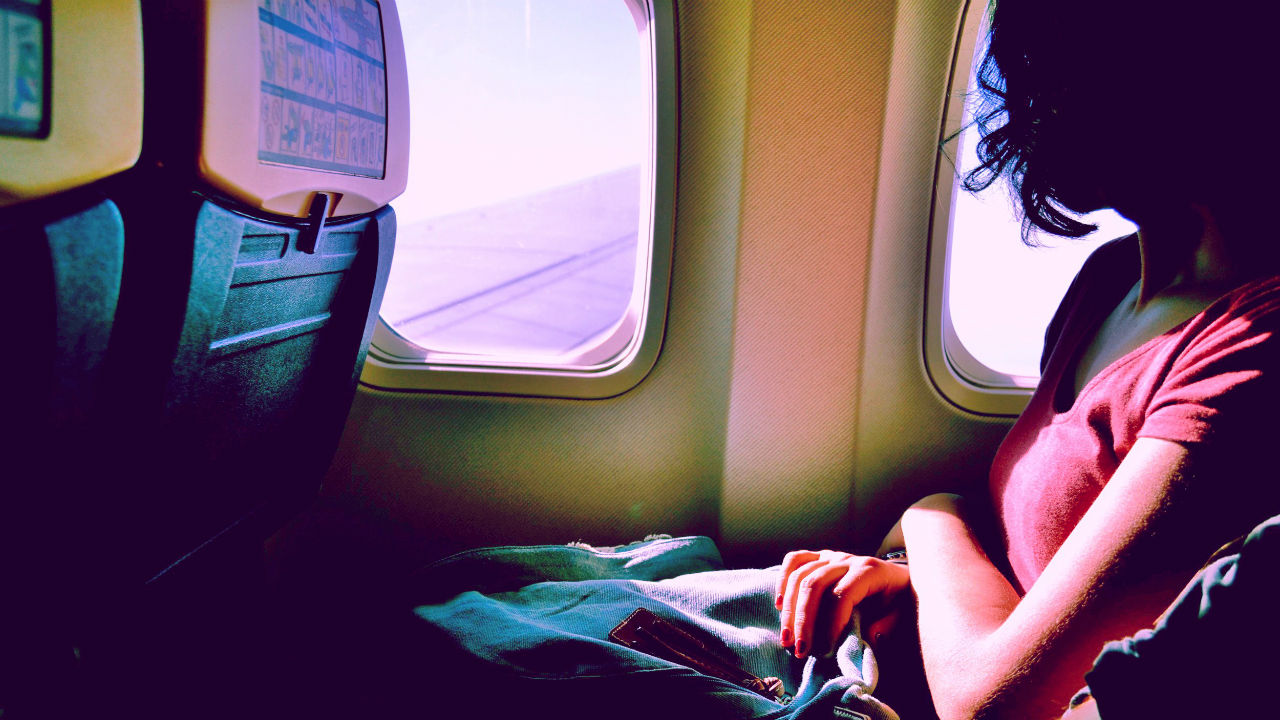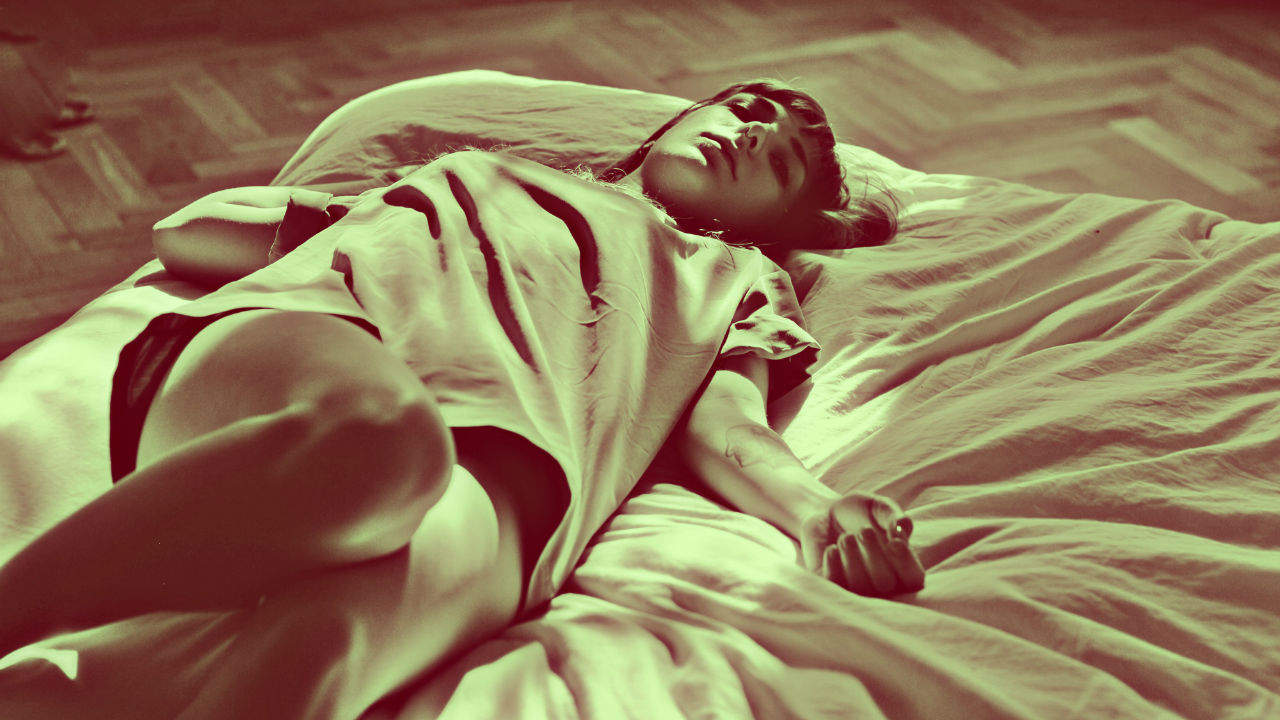 MonkeyBusiness Images/PhotoSpin
MonkeyBusiness Images/PhotoSpin
Sleep deprivation, the overall lack of the necessary amount of sleep, afflicts 47 million adults in the United States, ScienceDaily.com says.
Sleep deprivation can be caustic to a person’s physical and emotional health. Sleep is the foundation of good health.
The amount of sleep a person needs depends on factors such as age. According to WebMD.com, infants need 16 hours a day, teenagers need about nine hours on average, and most adults need seven to eight hours a night.
For adults the amount of hours needed per night varies. Some may need only five hours while others need 10 hours a day.
Women in the first three months of pregnancy need more hours of sleep than usual.
According to experts, a sign that you haven’t had much sleep is drowsiness throughout the day.
The consequences of sleep deprivation include: depression, increase in acuity of pain, memory troubles and a waning of the immune system.
Sleep loss also creates what WebMD.com identifies as sleep debt. Eventually a person’s body demands that the ‘debt’, or sleep, be repaid.
The body doesn’t really adapt to sleep deprivation. A person’s judgment and reaction time are still impaired even if one is used to getting less sleep than he or she needs.
Sleep deprivation is hazardous, especially when driving. Those with sleep deprivation drive as badly as or worse than those who are intoxicated.
Sleep deprivation intensifies alcohol’s effects on the body, WebMD.com says.
A tired person will become more impaired after drinking.
Signs that you are too sleepy to drive include: trouble focusing your eyes, incessant yawning and loss of memory of the last few miles, the National Sleep foundation says.
Sleep deprivation has been associated with the development of diseases like obesity, diabetes and hypertension.
In July 2012, sleep deprivation was linked to physical stress, according to the National Sleep Foundation. Severe sleep loss jolts the immune system into action and according to a new study, this is similar to the response shown during exposure to stress.
For the study, white blood cells were categorized and measured from 15 young men who were scheduled eight hours of sleep every day for a week.
The participants were exposed to at least 15 minutes of outdoor light within the first 90 minutes of waking. For the final three days, they were prohibited from using caffeine, alcohol or medication to stabilize their circadian clocks and minimize sleep deprivation before the study.
In the second part of the study, the researchers looked at white blood cell counts following 29 hours of continual wakefulness and observed the physical stress of sleep loss mirrored the body’s stress response.
Sleep stabilizes the immune system and without it we pose risks to ourselves as well as others. The amount of sleep one needs depends on the person, and recent studies show that any lack of essential hours of sleep cannot be good.
Sources
Sleep deprivation effect on the immune system mirrors physical stress
The National Sleep Foundation. Sleepfoundation.org. Retrieved October 22, 2012.
http://www.sleepfoundation.org/alert/sleep-deprivation-effect-the-immune...
Are You Getting Enough Sleep?
WebMD.com. Retrieved October 22, 2012.
http://www.webmd.com/sleep-disorders/guide/sleep-requirements
Sleep Deprivation
ScienceDaily.com. Retrieved October 23, 2012.
http://www.sciencedaily.com/articles/s/sleep_deprivation.htm
Reviewed October 23, 2012
by Michele Blacksberg RN
Edited by Jody Smith





Add a CommentComments
There are no comments yet. Be the first one and get the conversation started!